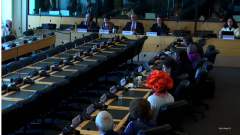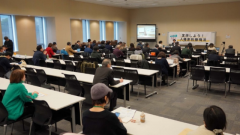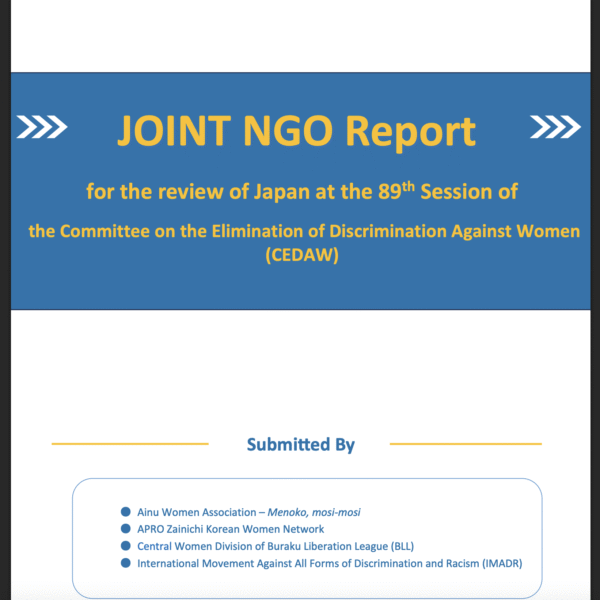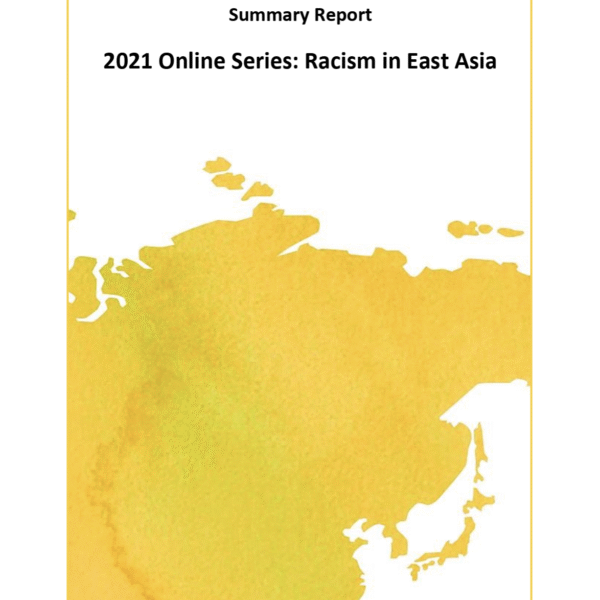 Racism and UN
Racism and UN
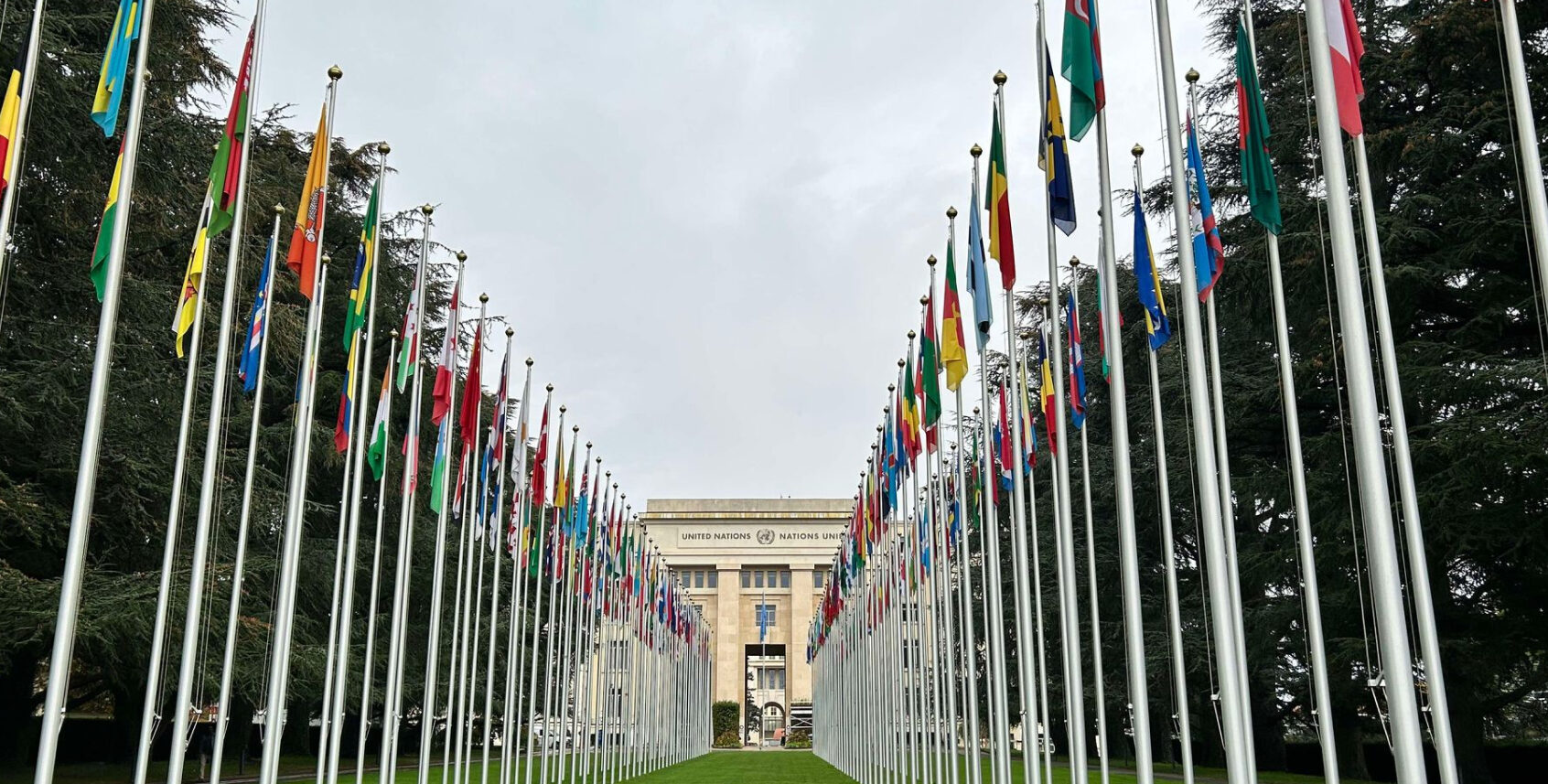
IMADR works to strengthen the international human rights protection mechanisms and promotes their effective use by those whose human rights are violated. IMADR works to link grassroots minority and indigenous groups with the UN human rights mechanisms. In particular, we focus on the two human rights bodies.
ICERD/CERD
IMADR places a special emphasis on the implementation of the International Convention on the Elimination of All Forms of Racial Discrimination (ICERD) adopted by the General Assembly in 1965. It is a legally binding international instrument that comprehensively addresses racism and racial discrimination. As of April 2021, 182 countries have ratified the Convention.
■ Monitoring and Lobbying
IMADR works towards the effective implementation of ICERD. IMADR regularly monitors sessions of its minority body, the Committee on the Elimination of Racial Discrimination (CERD), and assists civil society organizations in their advocacy activities. IMADR also utilizes other mechanisms available from CERD in addressing racism issues. IMADR has produced a “A Guide for Civil Society Actors” to provide useful information about the ICERD/ CERD mechanisms and their effective use by civil society organizations, indigenous, minority and migrant rights defenders.
■ Contact
- Contact us at geneva[@]imadr.org for inquiry.
Human Rights Council
The Human Rights Council (HRC), consisting of 47 UN Member States, meets at least three times a year in Geneva and addresses a wide range of human rights issues in all parts of the world. IMADR monitors these sessions and, where relevant, distributes information about them.
■ Speaking for the Discriminated
As a substantial part of our advocacy work, IMADR presents written and oral statements to HRC while holding side events on specific issues during the HRC sessions, for the purpose of calling the HRC’s attention to human rights situations that IMADR is working on and urging it to take appropriate actions.



